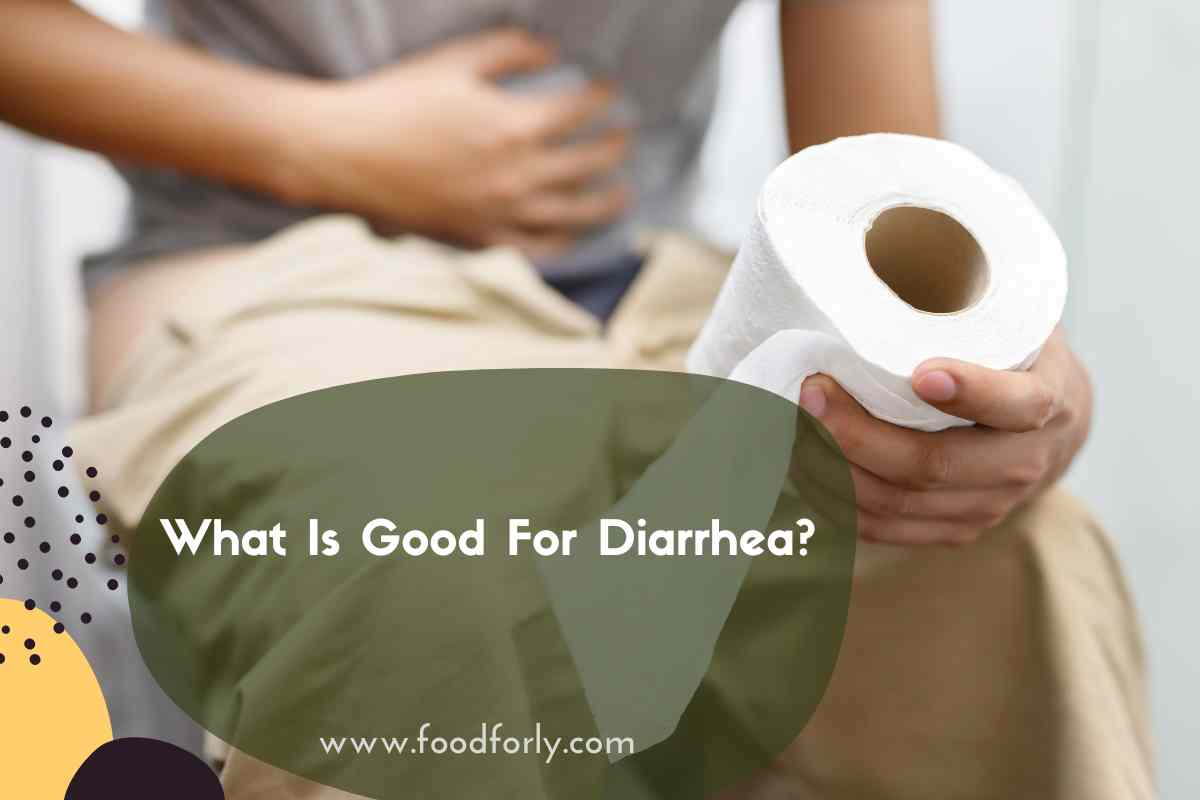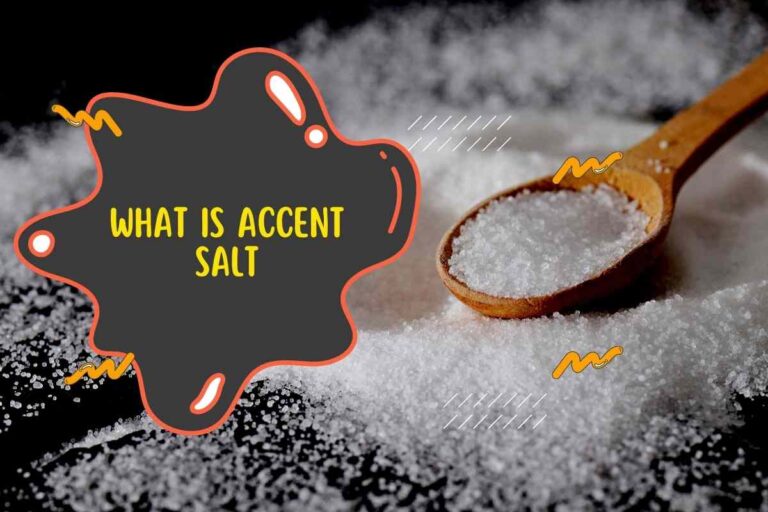What Is Good For Diarrhea?
What Is Good For Diarrhea?Diarrhea can be caused by various factors such as viral or bacterial infections, food intolerances, medication side effects, or underlying health conditions. While it’s important to identify and address the underlying cause, there are general measures you can take to manage diarrhea and promote recovery. Here are some suggestions:
Stay hydrated: Diarrhea can lead to dehydration, so it’s crucial to replenish lost fluids and electrolytes. Drink plenty of water, clear broths, herbal teas, or oral rehydration solutions (ORS). Avoid caffeine, sugary drinks, and alcohol as they can worsen dehydration.
BRAT diet: The BRAT diet consists of bland, low-fiber foods that can help firm up stools. BRAT stands for bananas, rice, applesauce, and toast. These foods are easy to digest and can help reduce diarrhea. Additionally, you can include other bland foods like boiled potatoes, plain crackers, cooked carrots, and boiled chicken.
Probiotics: Probiotics are beneficial bacteria that can help restore the balance of gut flora. They can be found in certain yogurts or taken as supplements. Probiotics may help reduce the duration and severity of diarrhea, but it’s best to consult a healthcare professional before starting any new supplements.

Avoid certain foods: During a bout of diarrhea, it’s advisable to avoid spicy, greasy, or high-fiber foods as they can irritate the digestive system and worsen symptoms. Dairy products, caffeine, and artificial sweeteners may also be best avoided, as some people are sensitive to them during diarrhea.
Medications: Over-the-counter antidiarrheal medications, such as loperamide (Imodium), can help control diarrhea symptoms temporarily. However, it’s important to use them under the guidance of a healthcare professional, as they may not be suitable for everyone and should not be used in certain situations (e.g., when there is a high fever or blood in the stool).
Rest: Give your body adequate rest to recover. Diarrhea can be exhausting, so take it easy and listen to your body’s needs.
If your diarrhea persists for more than a couple of days, is accompanied by severe abdominal pain, high fever, or bloody stools, it’s important to seek medical attention promptly, as these could be signs of a more serious condition. Consulting a healthcare professional will help determine the cause and provide appropriate treatment.
Diarrhea What To Eat?
When experiencing diarrhea, it’s important to choose foods that are gentle on the digestive system and can help firm up stools. Here are some suggestions for what to eat when you have diarrhea:
Bananas: They are easily digestible and contain pectin, which can help firm up stools. Bananas also provide potassium, an electrolyte that can be depleted during diarrhea.
White rice: Plain, boiled white rice is gentle on the stomach and can help bind loose stools. It provides easily digestible carbohydrates for energy.
Applesauce: Unsweetened applesauce is another easily digestible food that can help bulk up stools. Opt for varieties without added sugar or artificial sweeteners.
Toast: Plain, dry toast or crackers can be a good option as they are low in fiber and easy to digest. Avoid using butter or spreads if they worsen your symptoms.
Boiled potatoes: Potatoes that are boiled and mashed without added spices or high-fat ingredients can provide some nutrition without irritating the digestive system.
Boiled or baked chicken: Lean, cooked chicken without skin can provide protein while being gentle on the stomach. Avoid using added oils or spices that could trigger symptoms.
Clear broths: Chicken or vegetable broths can help replace lost fluids and electrolytes. Choose low-sodium options and strain them to remove any solid particles.
Probiotic-rich foods: Yogurt or kefir containing live cultures of beneficial bacteria can help restore the balance of gut flora. Opt for plain, unsweetened varieties, as added sugars can worsen diarrhea in some cases.
Remember, everyone’s tolerance to foods during diarrhea can vary. It’s essential to listen to your body and avoid any foods that worsen your symptoms. Gradually reintroduce a regular, balanced diet once your symptoms improve. If your diarrhea persists or worsens, it’s advisable to consult a healthcare professional for further evaluation and guidance.






